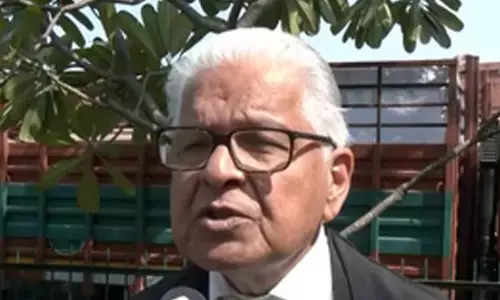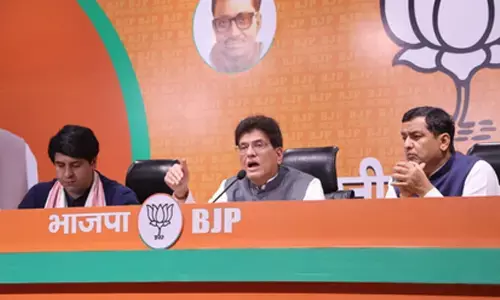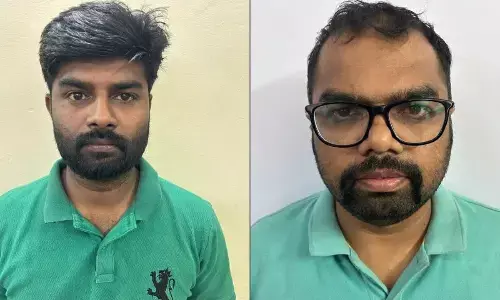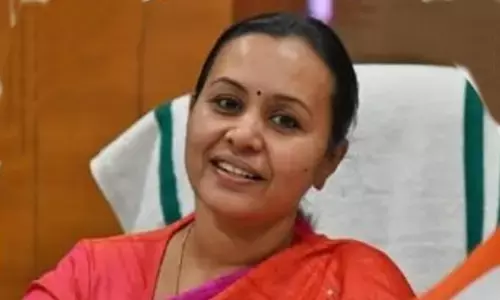Hostage to Border Hostilities

Hostage To Border Hostilities Pakistan Occupied Kashmir(POK), Bopinder Singh and Ujagar Singh. The PoK residents are using this route for travelling across much more than their Indian counterparts,” says an official, elaborating that till last June, 11,936 people from PoK visited Poonch as compared to 7,519 from Poonch to PoK.
Cross-LoC bus services in Jammu and Kashmir, the sole means of contact for displaced families across the border, is the first casualty every time tension between India and Pakistan escalates.
Bopinder Singh and Ujagar Singh, residents of Poonch district in Jammu and Kashmir, are singularly related to Nek Mohammad, living in Pakistan Occupied Kashmir (PoK). Though the Singhs have different religion and national identity, they have a touching commonality with Nek Mohammad — he is their brother!

Emotional bonds, common cultural heritage and attachment with the birthplace, however, continue to attract people across the border. Consequently, few regions in Jammu and Kashmir have as much at stake in regard to cordial bilateral relations between India and Pakistan as Poonch.
A welcome measure was initiated by the two governments in 2006 when Chakan-Da-Bagh — a place that was a minefield once — was turned into a border crossing point renamed Raah-e-Milan for cross-LoC bus, Paigam-e-Aman, as part of a slew of measures aimed at promoting people to people contact between the two countries. The cross-LoC travel is facilitated by both the governments by providing entry permits, which allow a person to visit and stay on the other side for at least 45 days.

“The PoK residents are using this route for travelling across much more than their Indian counterparts,” says an official, elaborating that till last June, 11,936 people from PoK visited Poonch as compared to 7,519 from Poonch to PoK. “Nearly 53 per cent of the total visitors from either side preferred this route over all other border crossings in Jammu and Kashmir,” he adds.
A similar, cross-LoC route at Balnoi-Tatapani in Mendhar tehsil was opened soon after an earthquake shook the region in 2005. After six months, it was closed following damage to the road by rains. Locals have been demanding reopening of the route.
“A line drawn on the map can’t divide hearts,” opines Shiv Dutt, a Jammu-based filmmaker. “Partition was a senseless political decision imposed on people.”
“The opening of border crossings has come as a major relief to the people on both sides,” he says adding, “while Muslims have familial bonds with this side, Hindus and Sikhs who migrated to this side also feel emotional bonds with their native places on the other side. The procedures should be simplified for every aspiring cross-border traveller.”
Lately, many elderly visitors from across the LoC have petitioned the Jammu and Kashmir High Court under Section 9(2) of Citizenship Act, 1955, seeking a prolonged stay here. Mohammad Sadiq (76) migrated to PoK in 1947 and settled in Kul Gali in PoK. He returned here in December 2011, to meet his brother Bagh Hussain in Chaktro.
 and Ujagar Singh at their residence in Poonch hope to see their elder brother Nek Mohammad who lives across the border.jpg)
Sadiq was living alone there and desired to return to his roots. He petitioned the court to stay here permanently and died here in February this year pending decision of the court. He was buried in the ancestral graveyard according to his last wish. Poonch, however, has many similar stories about divided families and displaced people across the de-facto border.
As the LoC experiences frequent military skirmishes, the bus service remains vulnerable. Following the gruesome killings of soldiers at LoC earlier this year and frequent ceasefire violations by the Pakistani Army, the bus service came to a screeching halt — hitting communities and traders on both sides.
Waqas Durrani, a university student from PoK who was stranded here in February, said, “Whenever violence hits LoC or relations between India-Pakistan worsen for any reason, the bus service invariably becomes soft target to satisfy misplaced popular sentiments on both sides.”
“Aap fana ho zaa tee ral khaan waangan aab habaabaan (Merge yourself in the others as bubbles get dissolved in water),” preaches Mian Mohammad Baksh — the Rumi of Kashmir, revered by both sides alike. It is perhaps because of such local cultural ethos that the social capital of the region has refused to transform despite prolonged conflict.
Noticeably, a demand for converting LoC into Line of Cooperation is gathering momentum on both the sides. If people’s voices find place in policy of the two governments it may not remain a dream for long.








